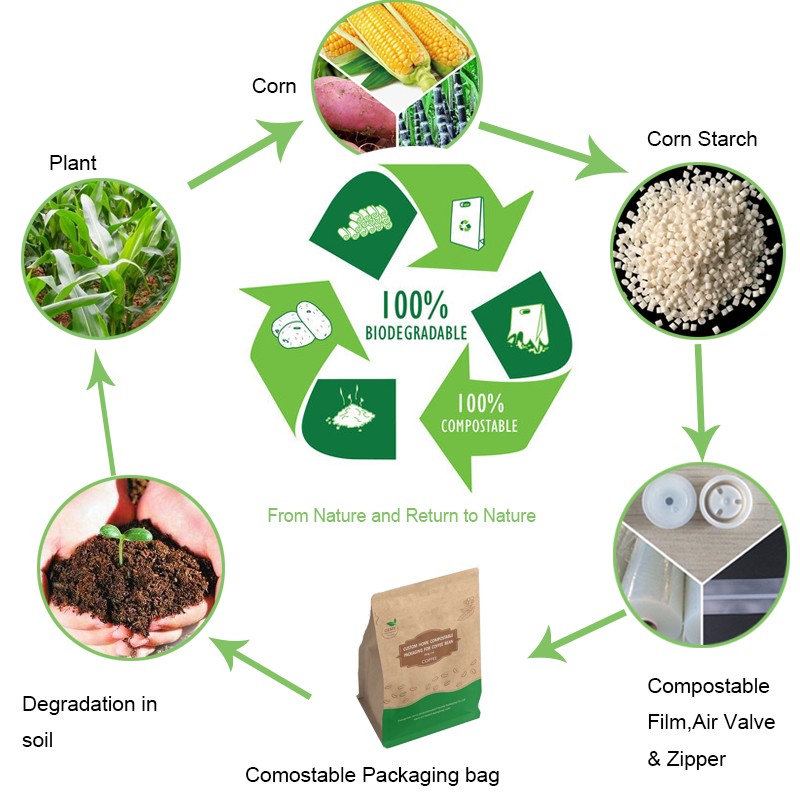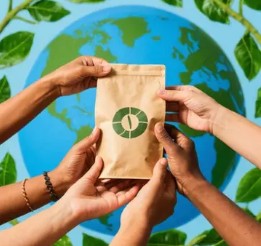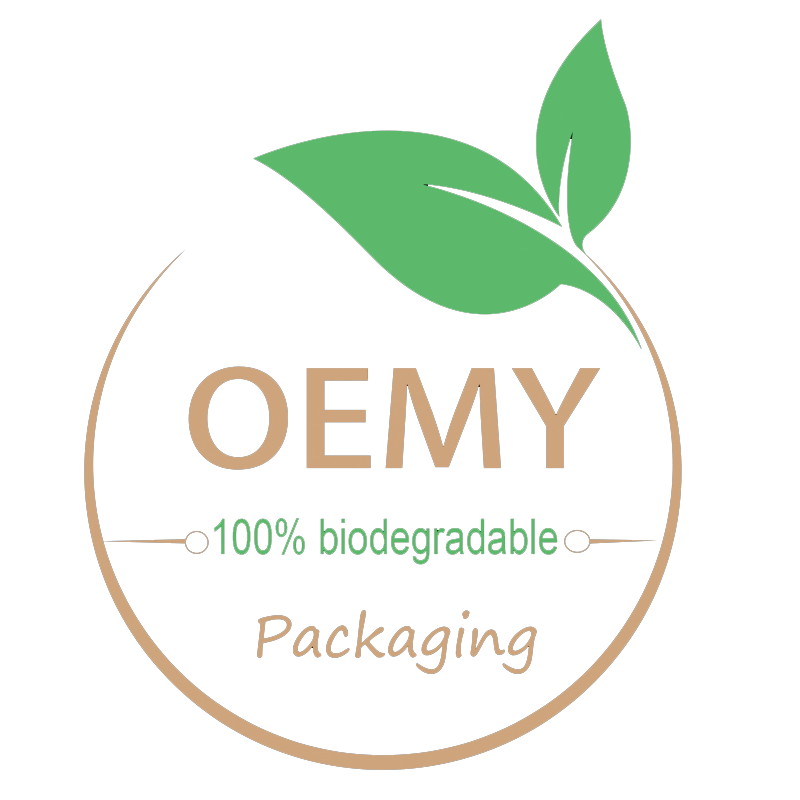NEWS
With the increasing global attention to sustainable development, biodegradable coffee packaging is gradually becoming an important part of the circular economy.
This environmentally friendly packaging not only reduces the pollution of traditional plastics to the environment, but also promotes the efficient use of resources through
its recyclable and compostable characteristics, helping the coffee industry move towards a green future.
Environmental challenges of traditional packaging
The coffee industry has long relied on plastic and aluminum foil composite packaging, which are difficult to biodegrade.
A large amount of discarded packaging enters landfills or oceans, causing serious environmental pollution. According to research, about 25 billion non-biodegradable coffee
capsules are produced worldwide each year, most of which eventually become persistent garbage.
The circular economy value of biodegradable packaging
Biodegradable coffee packaging usually uses plant-based materials, which can be decomposed into water, carbon dioxide and organic matter under certain conditions,
and will not cause long-term burden on the environment. Its circular economy value is reflected in:
1.Reducing waste: Compostable packaging can be degraded in industrial composting facilities and return to the natural cycle.
2.Reducing carbon footprint: The energy consumption during the production process is low, and some materials come from renewable resources (such as corn and sugarcane).
3.Promoting a closed-loop system: Some brands have launched a "packaging recycling program" where consumers can return used packaging and the company will
convert it into new resources.

Industry Practice and Consumer Response
As the demand for sustainable packaging grows, OEMY Packaging is becoming a key force in promoting the green transformation of the coffee industry.
As a supplier of degradable packaging, OEMY helps global coffee brands reduce their environmental footprint through innovative material research and development and customized solutions, while meeting consumers' expectations for environmentally friendly products.
Future Outlook
Although biodegradable packaging still faces cost and technical challenges, its market penetration is expected to increase significantly with policy support
(such as the EU plastic ban) and progress in biomaterial research and development. Experts point out that combined with an effective waste management system,
biodegradable coffee packaging is expected to become a model of circular economy and help the world achieve the goal of "zero waste".
Conclusion
From reducing pollution at the source to regenerating resources at the end, biodegradable coffee packaging is rewriting the industry's sustainable
development path. This green revolution is not only about environmental protection, but also an innovation in the economic model - making every cup of coffee,
from planting to consumption, truly integrated into the earth's cycle.

Awesome! Share to:
Related Posts
- ◉ Is Your Coffee Packaging Preserving Flavor as Well as It Could?
- ◉ What Technical Evaluators Need to Know About 3D Packaging
- ◉ How to Choose Between Stand-Up Pouches and Traditional Packaging
- ◉ The Pet Economy Demands Better Packaging - Here's What's Changing
- ◉ Coffee Packaging Preservation Technology That Extends Freshness
Get in Touch
*We respect your confidentiality and all information are protected.
